The Culturally Responsive Teaching Practices on the Social and Emotional Development of Learners in Diverse Early Childhood Classrooms in Ghana project has begun yielding remarkable outcomes.
After the intervention stage of the project, teachers reported not only improved learning outcomes but also benefits such as better class attendance and renewed enthusiasm among pupils.
These and other interesting findings came out at an engagement of the research team with the project’s Advisory Committee to debrief the committee on the project’s First Year Annual Report.
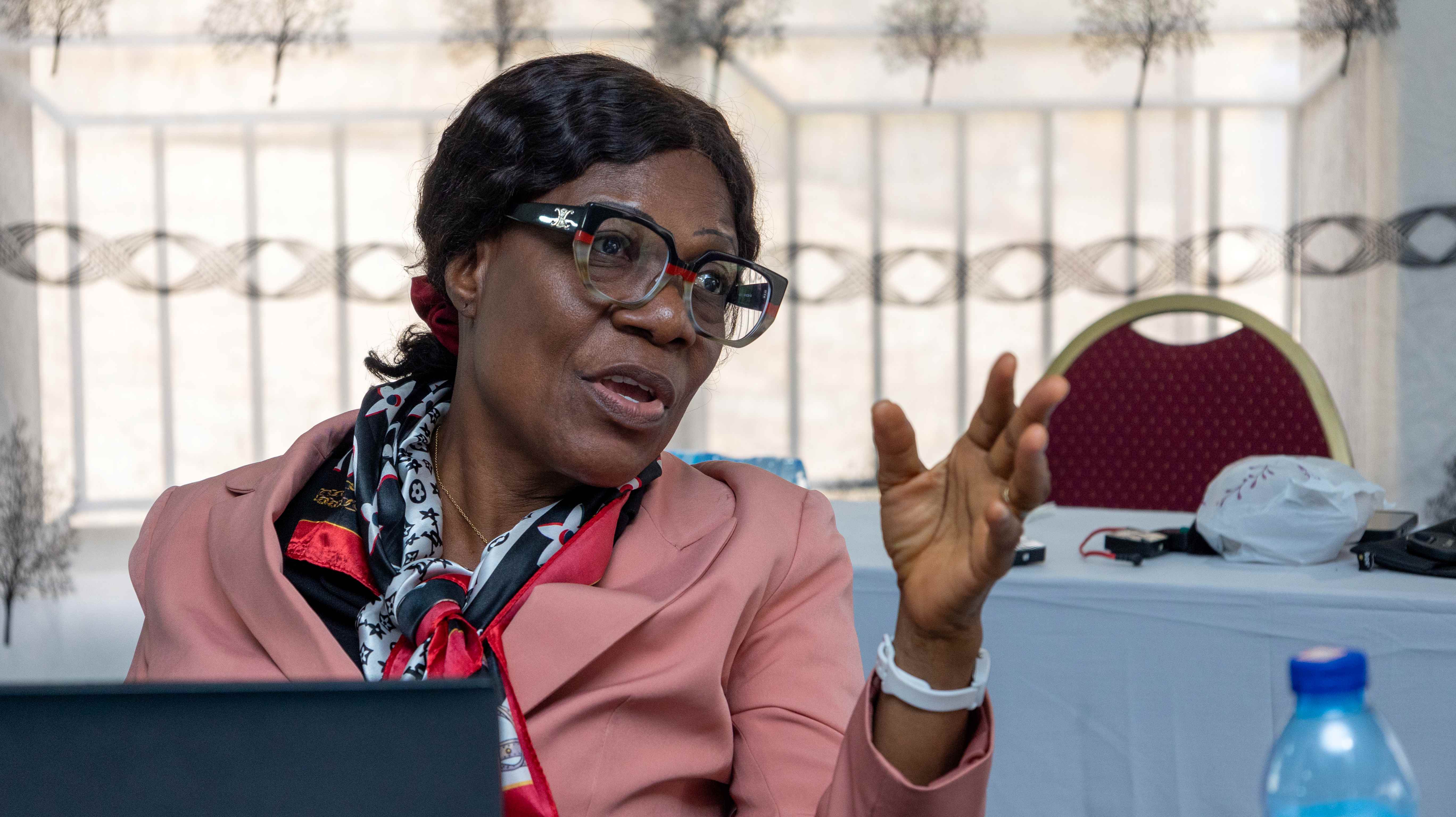 Speaking at the event, Prof. Rudith King, a project member, explained that the project had already begun changing classroom dynamics.
Speaking at the event, Prof. Rudith King, a project member, explained that the project had already begun changing classroom dynamics.
“One teacher recounted that before the training, many children went home for lunch but never returned for afternoon lessons. However, after the training, the situation changed.
Pupils now return to school after lunch and even remind teachers about upcoming lessons. They are more eager to participate, and in some cases, they even prompt the teachers when it is time for the next activity,” she shared.
Prof. Winston Kwame Abroampa, Co-Principal Investigator of the project, highlighted the impact of the six-week intervention, describing the outcomes as highly encouraging.
According to him, the excitement was not only because of the training itself but also due to the visible improvements teachers witnessed in their classrooms.
“The intervention we’ve done suggests that the use of culturally responsive pedagogies has positive implications. Teachers were so enthused about it, the passion to use these approaches was very high, particularly because of the evidence they were seeing in the classrooms. Interestingly, we are also observing unintended impacts that were not even a direct aim of the project,” he said.
Looking ahead, Prof. Abroampa stressed the importance of translating the findings into policy and practice. “The next step will be for us to see the extent to which our findings will influence policy and how we can scale it up to other schools in the districts where we are conducting the study,” he added.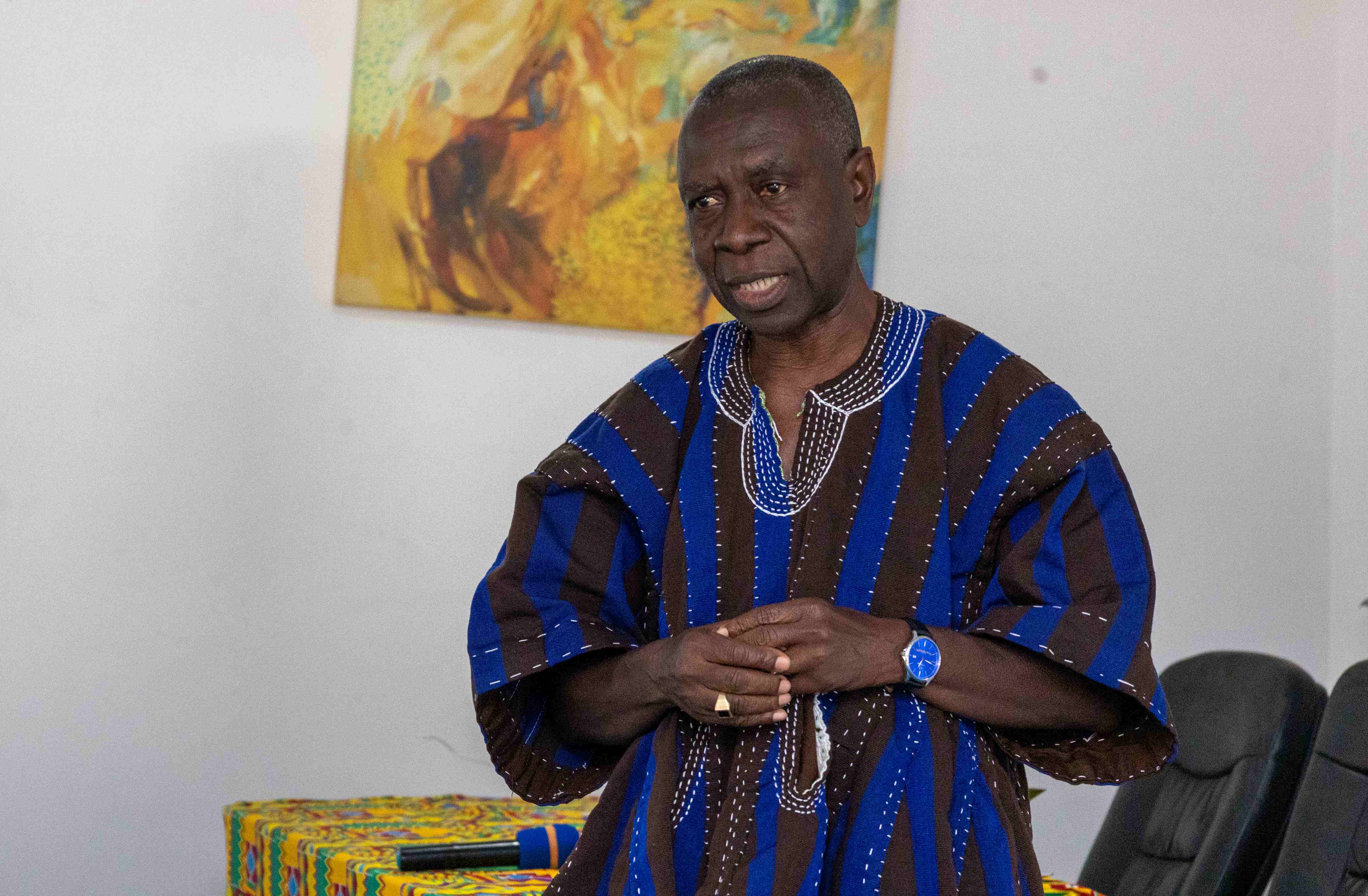 Principal Investigator of the project, Prof. Paul Sarfo Mensah, expressed optimism about the long-term impact.
Principal Investigator of the project, Prof. Paul Sarfo Mensah, expressed optimism about the long-term impact.
“At the end of this project, Ghana will stand out as a key country advancing indigenous pedagogy in early childhood education. This will not only strengthen teaching but also improve assessment. We plan to intensify stakeholder engagement, bringing on board all key players in the education sector, so that this project can drive another reform in Ghana,” he said.
Prof. George Kankam, chairman of the ADCM, commended the progress made and urged the team to continue pushing for results.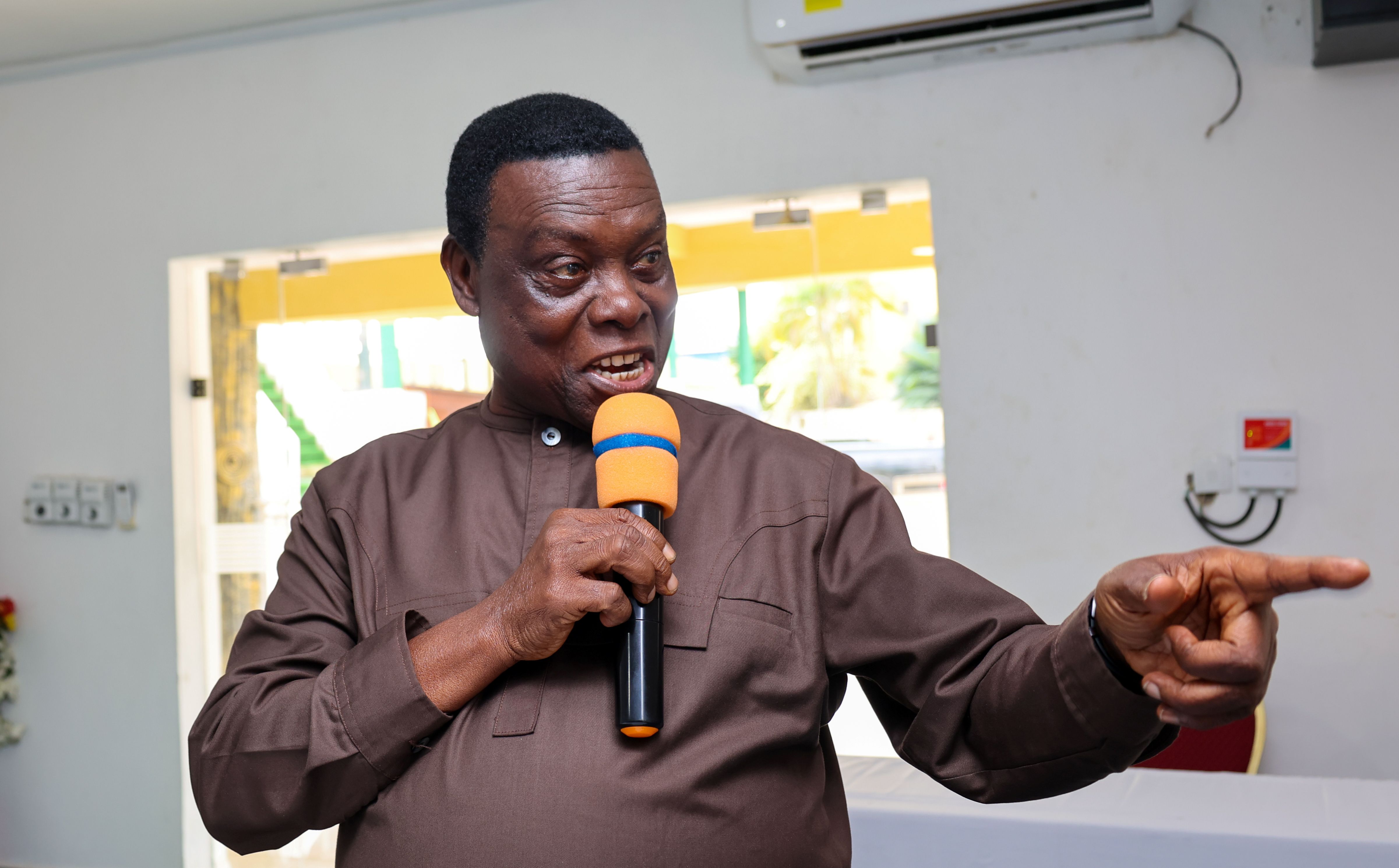
“We are excited about the wonderful insights from the initial interventions. We look forward to intensifying these efforts, so they yield the outcomes needed. Ultimately, this project should lead to knowledge generation, capacity building, and practical skills development that will shape educational reforms at the early childhood level,” he remarked.
Director of KNUST’s Institute for Rural Development and Innovation studies (IRIDS), Dr. Monica Addison, also expressed appreciation to the project team and stakeholders for their commitment over the past year. 
“We are truly grateful for your contributions. This meeting gave us the opportunity to reflect on how far we had come, the lessons learnt, and the way forward,” she said.
Also in attendance were Dr. Ebenezer Owusu-Addo, who provided additional insights on the project’s outcomes, and Dr. Latif Apaassongo Ibrahim.
KNUST-IDRC/GPE-KIX project boosts participation in early childhood classrooms
News
Project
| Published: 27th August 2025
Share
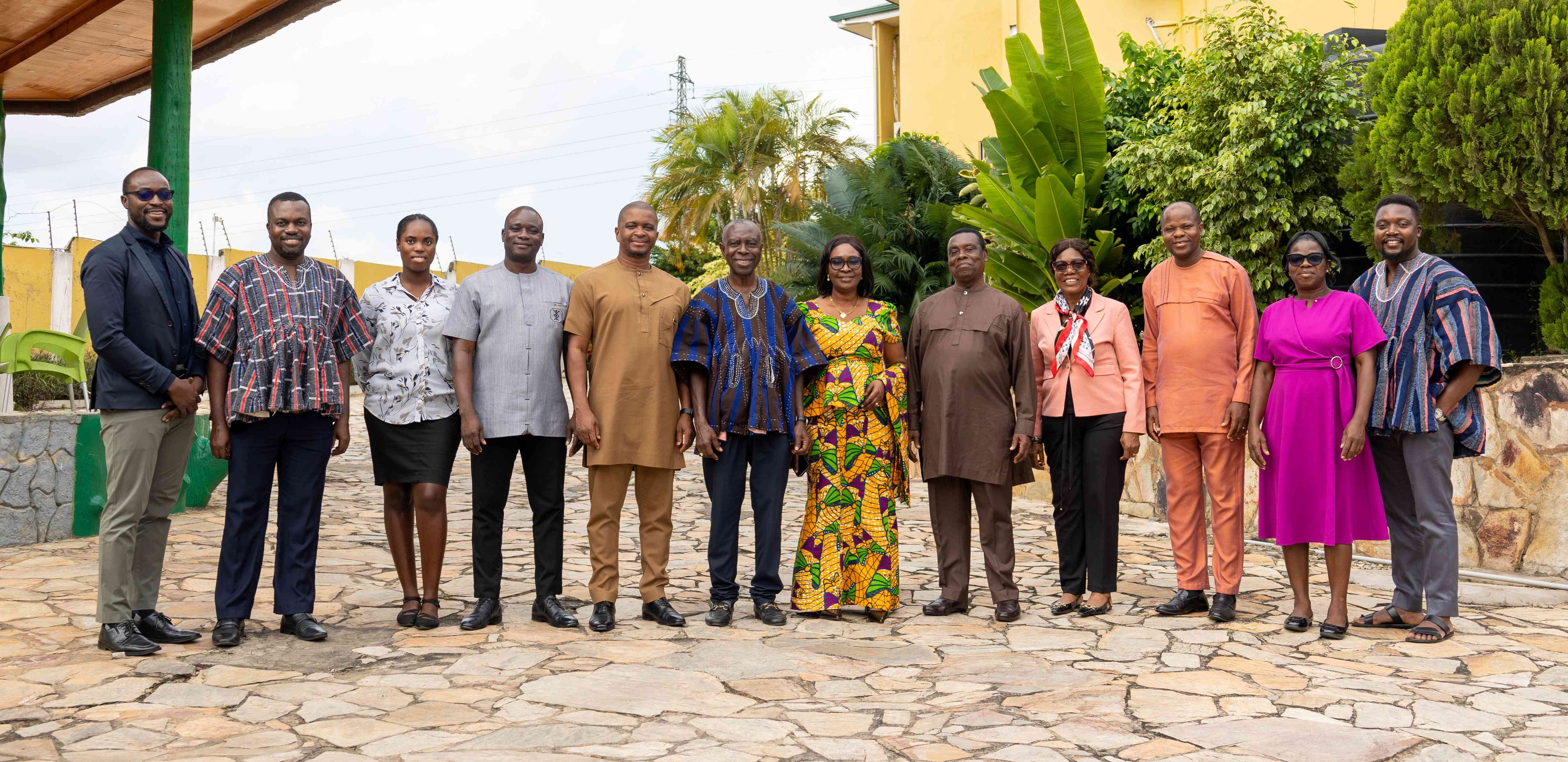

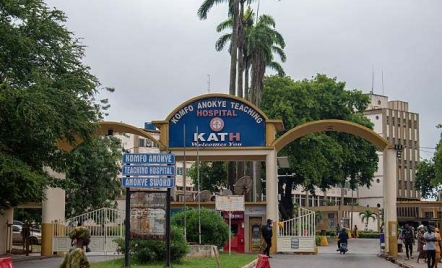
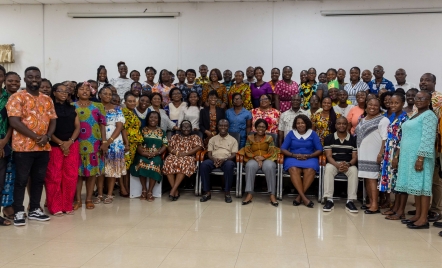

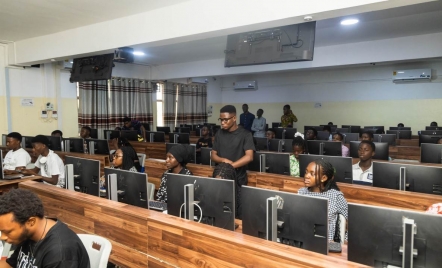
Comments